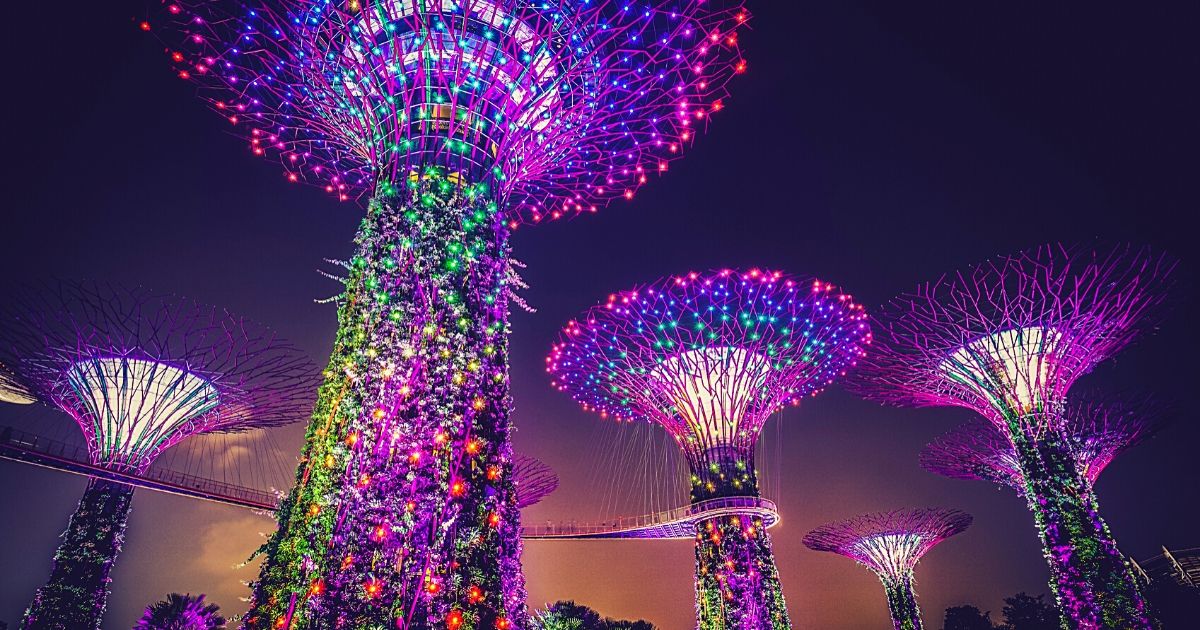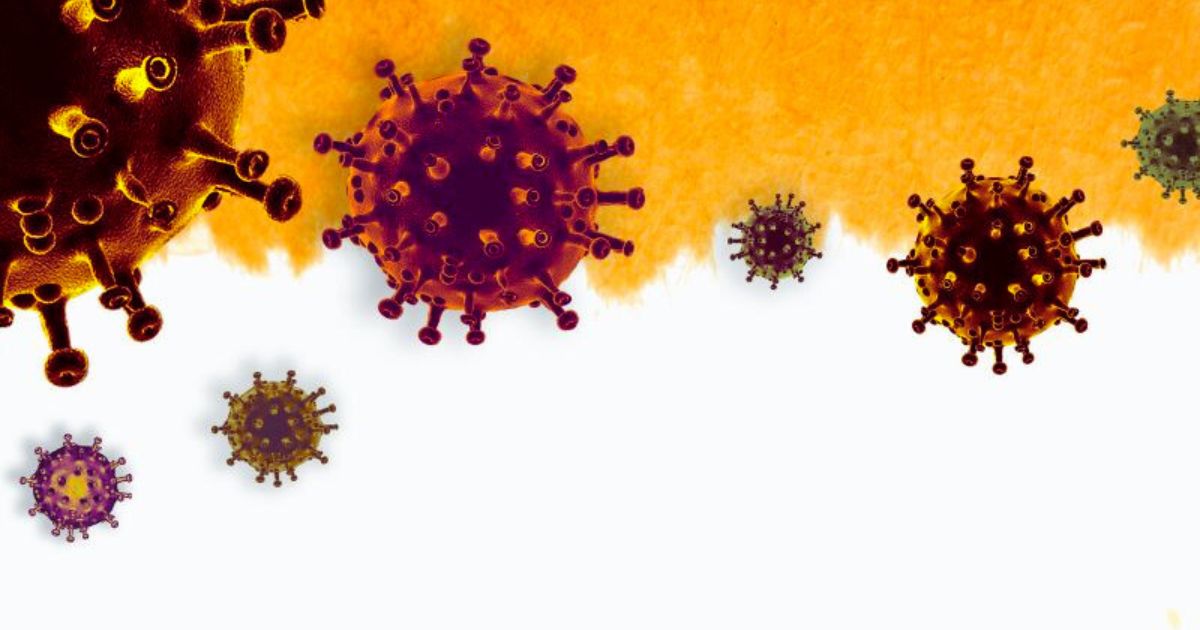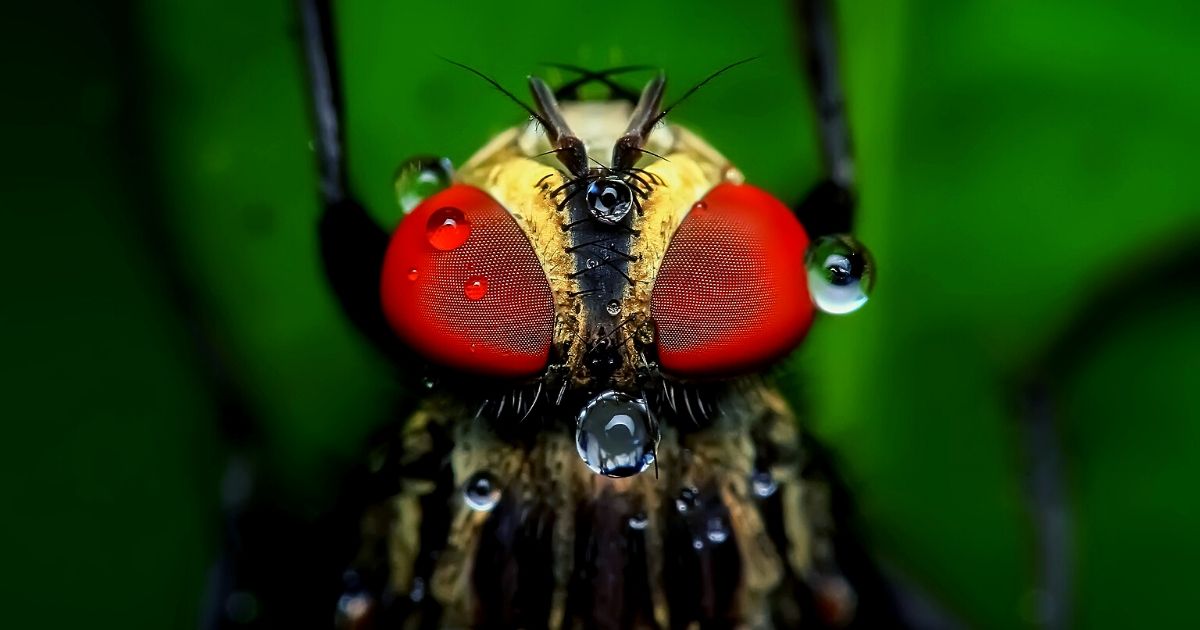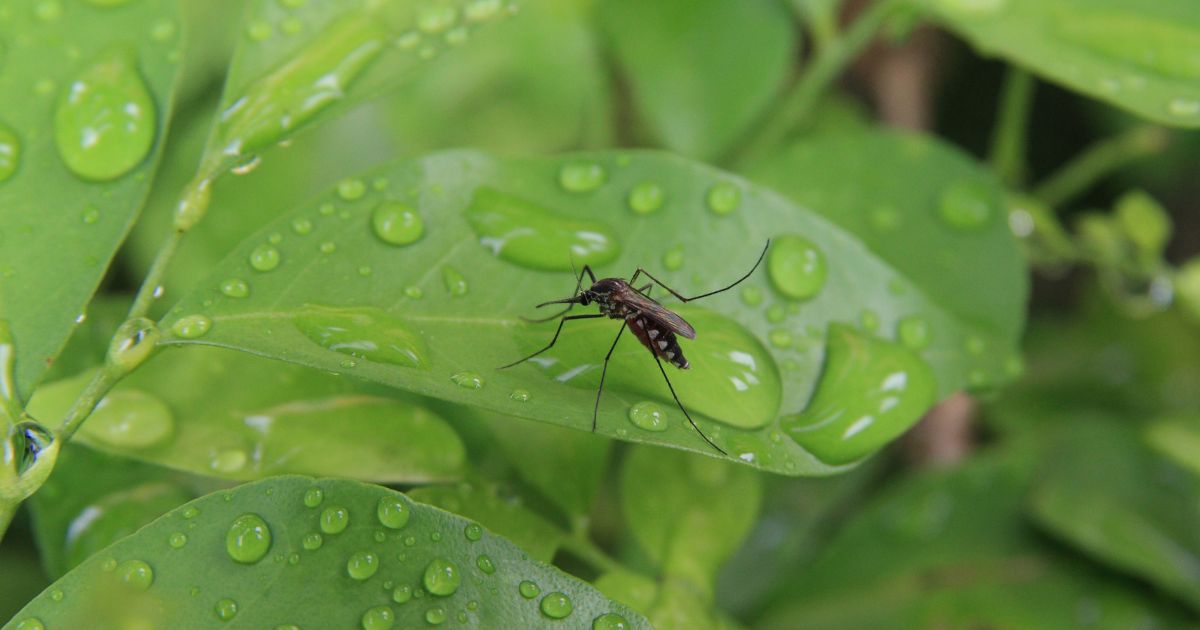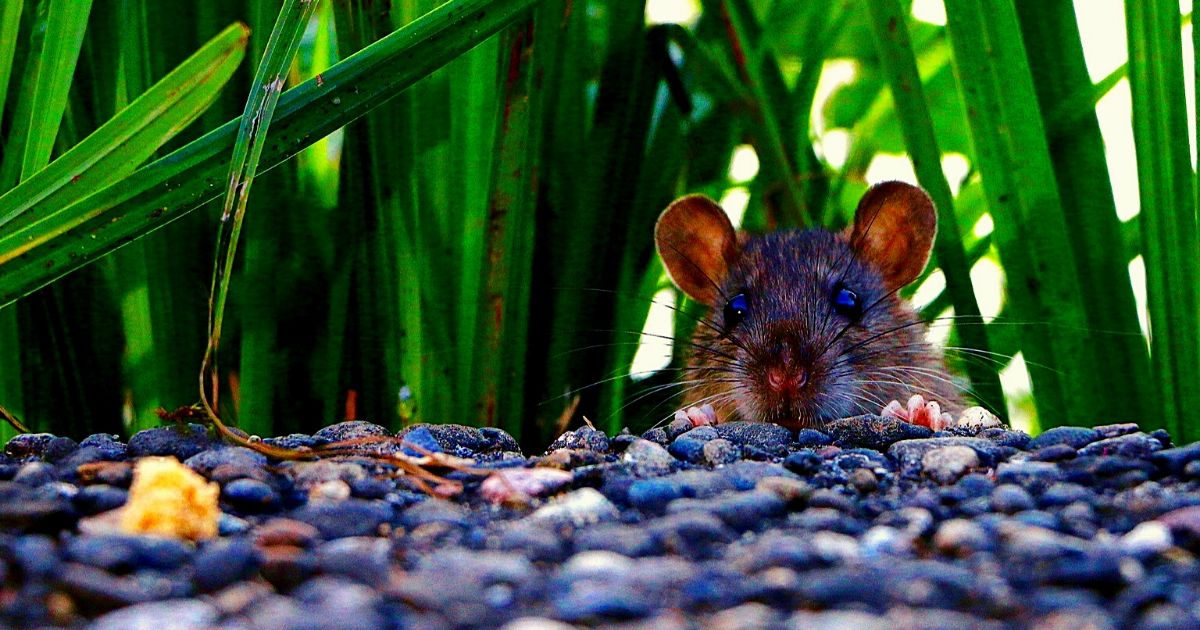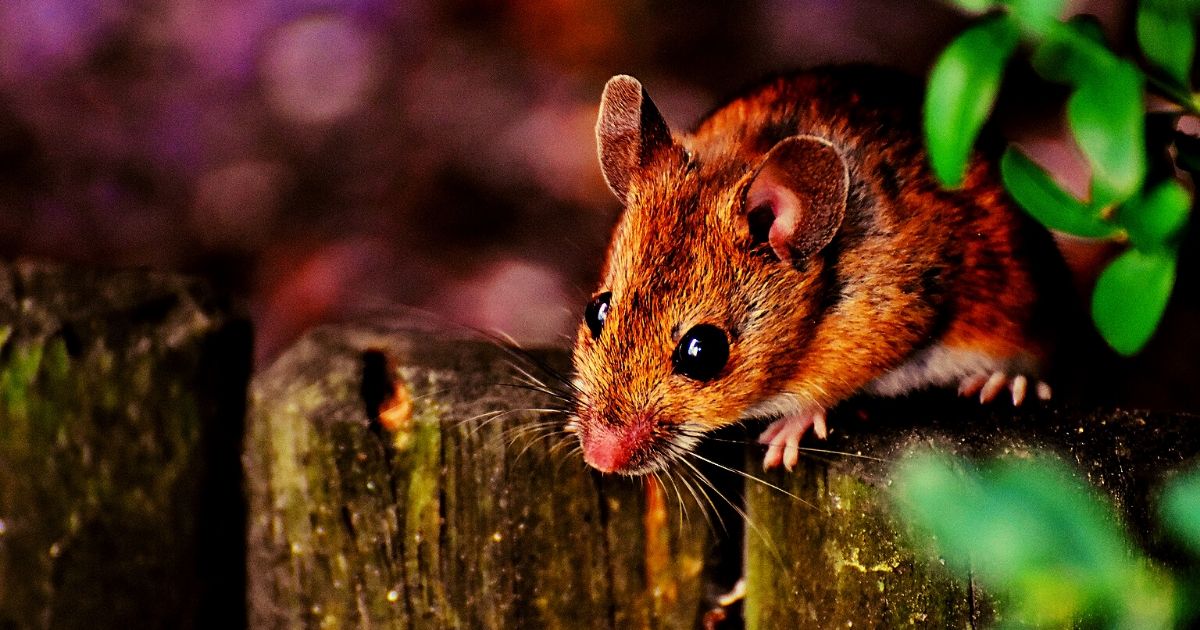The Major Threat of Dengue in Singapore
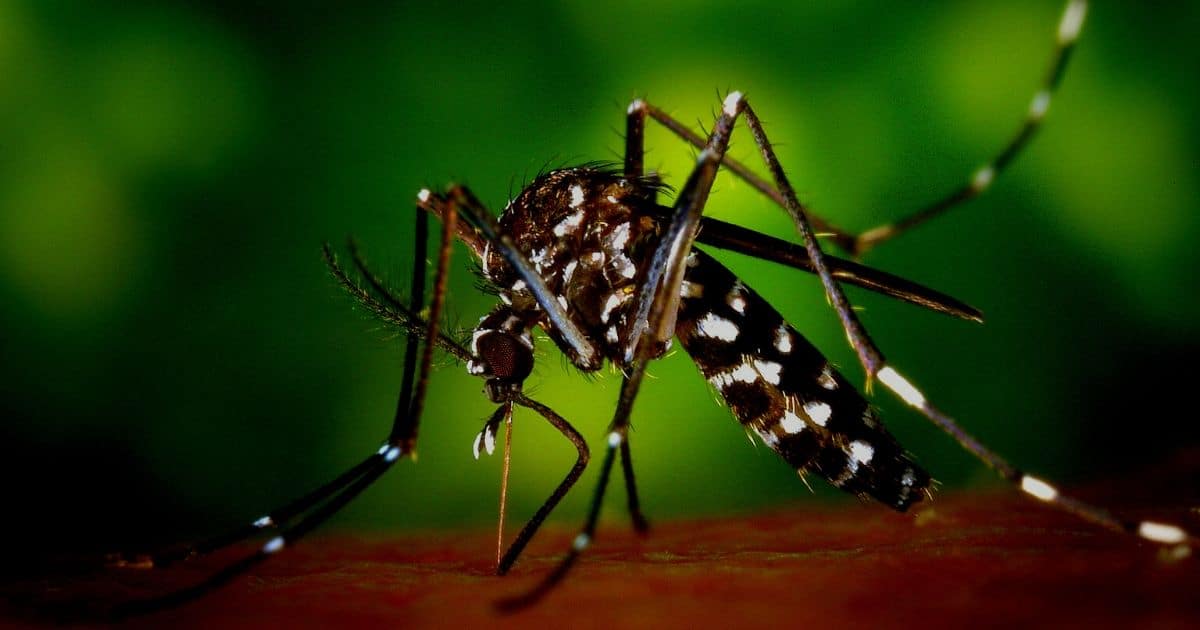
Outbreaks of Dengue in Singapore are very common. 2019 saw several significant Dengue cluster formations. The charts for 2020 predict a continuation of the threat of Dengue in Singapore. The coronavirus outbreak has sparked concern that construction sites may become Dengue hotspots.
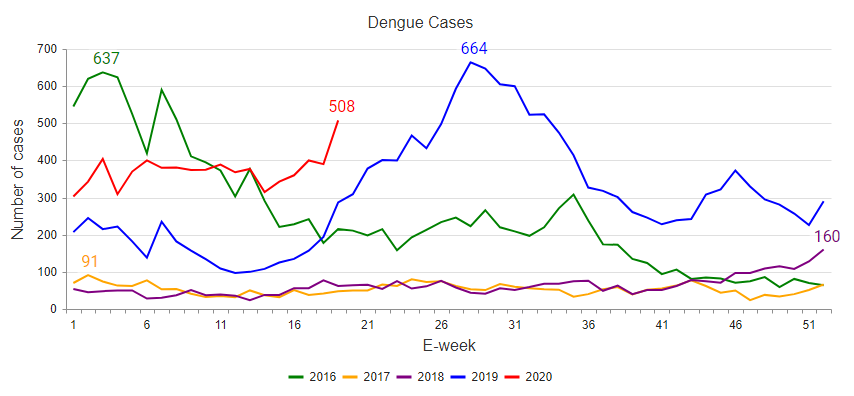
Chart of Dengue cases in Singapore (as of May 15th, 2020). Source: NEA
Risk of Dengue in Singapore
Dengue is a tropical disease that is caused and transmitted through mosquitoes. Singapore’s hot and humid climate makes it a paradise for mosquito breeding.
The threat of Dengue in Singapore is all year round.
In recent years, the two most significant Dengue outbreaks occurred at the beginning of the year (2016) and around halfway through the year (2019). See chart above.
Common Symptoms of Dengue Fever
If you are infected with Dengue fever, you may only show few or no signs of the disease. This is called asymptomatic.
Some people may experience symptoms a few days after they’ve been bitten by a mosquito carrying the virus.
Common symptoms
- Recurring fever
- Pain behind the eyes
- Muscle pain
- Joint pain
- Bone pain
- Severe headache
- Skin rash with red spots
Dengue Hemorrhagic Fever (DHF)
While the fever usually isn’t fatal, in some cases it progresses to something called Dengue Hemorrhagic Fever (DHF). Life-threatening complications may then occur.
Symptoms of DHF include:
- Severe abdominal pain
- Diarrhea
- Vomiting
- Convulsions
- Bruising
- Uncontrolled bleeding
Finally, DHF can also lead to a high fever (lasting between 2 to 7 days) and Dengue Shock Syndrome.
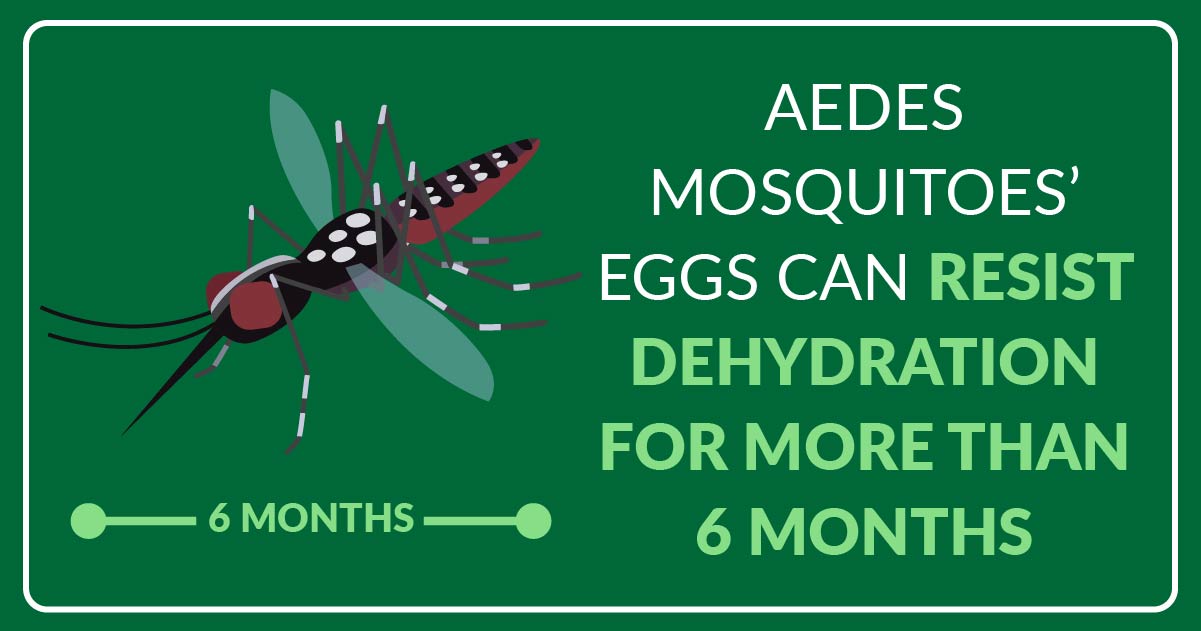
Transmission of Dengue
Dengue is transmitted via Aedes mosquitoes. The most common mode of transmission starts when an Aedes mosquito bites a person infected with the Dengue virus.
The virus then undergoes an extrinsic incubation period in the mosquito for 8-12 days before granting the mosquito the ability to transmit the virus for the rest of its life. The infectious mosquito then transmits the virus to humans via its bite. The intrinsic incubation period in humans can take up to 10 days and the infected human will begin to show symptoms of the disease.
Control of Dengue in Singapore
The control of Dengue focuses on reducing the number of mosquito vectors. The control methods can be categorized into 4 main groups, namely cultural control, physical control, chemical control and biological control.
The National Environment Agency has been promoting the Mozzie Wipeout campaign that encourages the public to eliminate all potential mosquito breeding sites and make the environment less suitable for the mosquitoes’ survival. The Mozzie Wipeout campaign is an example of cultural control.
An example of physical control is the placement of gravitas (and their predecessor ovitraps) to trap gravid mosquitoes.
Chemical control is the most common among the control methods. They rely on the use of chemical insecticides and is usually done via larviciding, thermal fogging and misting methods.
Biological control is another environmentally friendly approach to controlling mosquito populations. It involves the use of biological agents such as bacteria to control the mosquito population. Another innovation is Project Wolbachia which reduces the population of Aedes mosquitoes through the release of sterile male Aedes mosquitoes.
Pro tip: The control of Dengue focuses on reducing the number of mosquito vectors, and pest control companies play a crucial role in this battle.
Tips to Reduce the Risk of Mosquito Bites
Let’s take a moment to look at some ways to reduce the risk of getting bitten by mosquitoes.
7 Tips:
- Use insect repellents
- Wear protective clothing
- Avoid peak mosquito hours
- Keep air circulating
- Sleep under a mosquito net
- Get rid of stagnant water
- Keep your gardens and home clean
Want to find out more about mosquito control and extermination in Singapore?
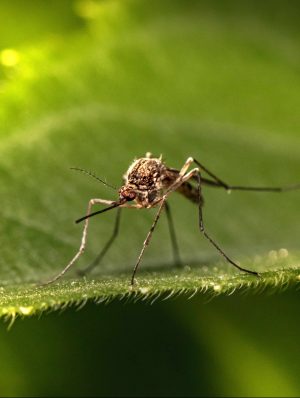
Controlling and preventing mosquitoes in Singapore is a real challenge. As mentioned, the climate offers an ideal breeding ground for mosquitoes. However, public awareness, preventive methods, and collective efforts are crucial in the battle against Dengue in Singapore.
Pest control companies such as Killem Pest play a crucial role in this battle. The team of Pest Management Professionals (PMPs) is experienced, knowledgeable, and equipped with the right tools. Together we can win this battle!
How to Prevent Dengue Fever
- Apply mosquito repellent
- Airconditioning
- Wear long clothing when you are outdoor
Frequently Asked Questions
Dengue mosquito bites are usually much redder and itchier compared to normal mosquito bites.
Dengue can’t be cured, you can only relieve the symptoms until the infection has gone. So preventing dengue mosquito bites is the best strategy.
In some cases, severe dengue can result in internal bleeding, organ damage or even death.
The dengue mosquitos are significantly smaller, dark in color, and have white stripes on their legs.


